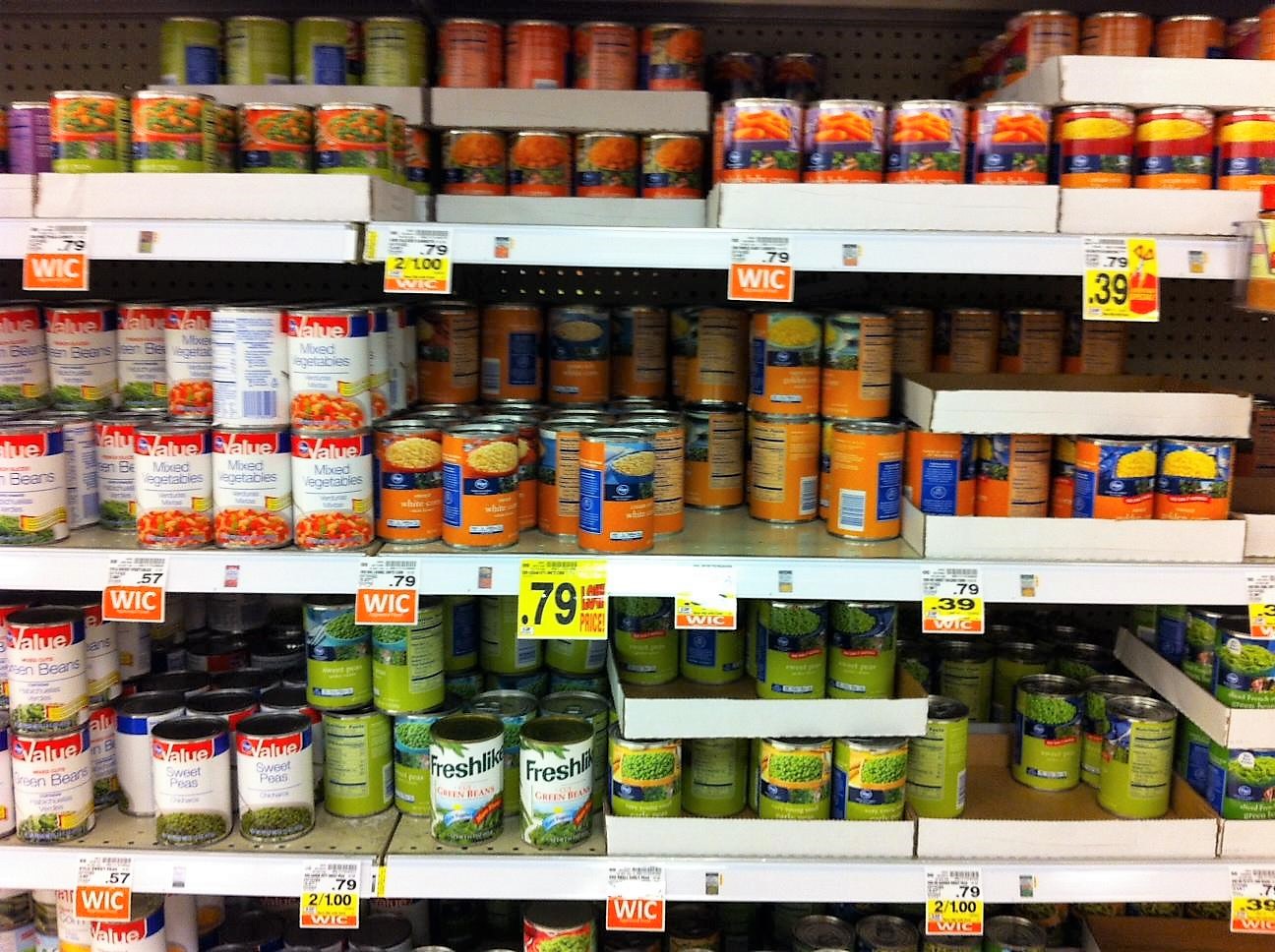12 Popular "Healthy" Foods That Secretly Raise Your Blood Pressure
In the quest for better health, many individuals have turned to foods that are widely regarded as "healthy." These foods often promise a plethora of benefits, from improved heart health to weight management. However, a lesser-known concern is the potential for some of these foods to contribute to elevated blood pressure, a condition that can lead to serious cardiovascular issues if left unchecked. This article delves into the paradox of healthy eating, exploring how certain foods, despite their healthful image, may harbor hidden hazards that could be raising your blood pressure. By understanding these risks, you can make more informed dietary choices that truly support your well-being. The relationship between diet and blood pressure is complex, influenced by a variety of factors including sodium content, natural compounds, and individual health status. As we navigate through the following sections, we will uncover 12 popular "healthy" foods that might be contributing to higher blood pressure levels. Each section will explore a specific food, detailing the hidden components that may affect blood pressure, supported by scientific research and expert opinions. By the end of this article, you will have a comprehensive understanding of how these foods interact with your body, empowering you to make choices that align with your health goals.
1. The Sodium Surprise in Canned Vegetables

Canned vegetables are often lauded for their convenience and nutritional value, providing an easy way to increase vegetable intake. However, many canned vegetables are high in sodium, a key factor in elevated blood pressure. Sodium is used as a preservative to extend shelf life and enhance flavor, but excessive intake can lead to fluid retention and increased blood pressure. The American Heart Association recommends no more than 2,300 milligrams of sodium per day, with an ideal limit of 1,500 milligrams for most adults. A single serving of canned vegetables can contain up to 300 milligrams of sodium, quickly adding up if consumed regularly. To mitigate this risk, it is advisable to opt for low-sodium or no-salt-added versions of canned vegetables. Additionally, rinsing canned vegetables under water can help reduce sodium content by up to 40%. While fresh or frozen vegetables are preferable, these strategies can make canned options a more heart-friendly choice. Understanding the sodium content in canned vegetables is crucial for maintaining healthy blood pressure levels, especially for individuals with hypertension or those at risk.
2. The Hidden Sugars in Yogurt

Yogurt is often promoted as a healthy snack or breakfast option, praised for its probiotic content and calcium levels. However, many flavored yogurts contain added sugars, which can indirectly contribute to increased blood pressure. High sugar intake is associated with obesity and metabolic syndrome, both of which are risk factors for hypertension. A single serving of flavored yogurt can contain up to 20 grams of sugar, significantly impacting daily intake recommendations. Choosing plain yogurt and adding fresh fruit or a small amount of honey can help control sugar consumption while still enjoying the benefits of yogurt. Greek yogurt is another excellent option, as it typically contains more protein and less sugar compared to traditional varieties. Awareness of sugar content in yogurt is essential for those looking to manage their blood pressure effectively, as it can help prevent the unintended consequences of excessive sugar intake.
